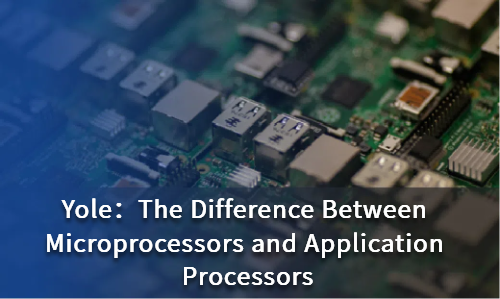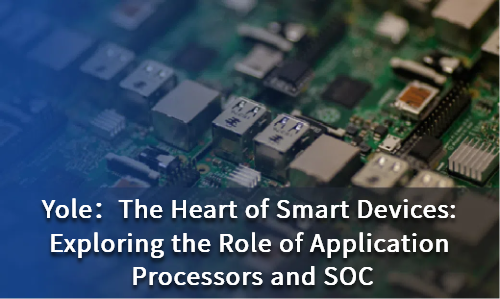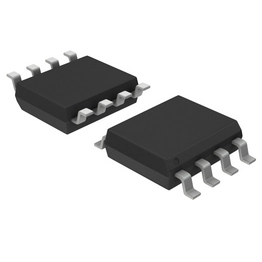Memory
Memory, in the context of computing and cognitive science, refers to the retention and recall of information. Here's a concise introduction in English:
Definition:
Memory is the capacity to encode, store, and retrieve information. In computing, it is the hardware or software resources that store data for immediate use by a computer. In cognitive science, it is the mental process that allows individuals to retain and recall past experiences and knowledge.
Function:
1. Computing Memory:
- Primary Memory (RAM): Serves as the main workspace for the processor, allowing for quick access and manipulation of data.
- Secondary Memory (Storage): Includes hard drives, SSDs, and other non-volatile storage devices, which retain data even when the system is powered off.
2. Cognitive Memory:
- Sensory Memory: Briefly holds sensory information.
- Short-Term Memory: Temporarily holds a limited amount of information.
- Long-Term Memory: Stores information over extended periods.
Applications:
1. Computing:
- Data Processing: Memory is essential for running applications and processing data.
- Multitasking: Allows for the simultaneous execution of multiple tasks.
- Gaming: High-speed memory is crucial for smooth gameplay and graphics rendering.
2. Cognitive:
- Learning: Memory is fundamental for acquiring new skills and knowledge.
- Communication: Memory aids in the recollection of language and social cues.
- Problem Solving: Memory enables the retrieval of past experiences to solve new problems.
Selection Criteria:
1. Computing Memory:
- Speed: Higher speeds allow for faster data processing.
- Capacity: More memory can store more data and run more applications simultaneously.
- Reliability: Durable memory ensures data integrity and system stability.
- Type: Different types (e.g., DDR4, NVMe) cater to specific needs and systems.
2. Cognitive Memory:
- Encoding: The process of converting information into a form that can be stored.
- Storage Duration: The length of time information is retained.
- Retrieval: The ease with which information can be accessed when needed.
- Accuracy: The faithfulness of the memory to the original information.
In summary, memory is a critical component in both computing and cognitive processes, serving as the foundation for data storage, processing, and recall. The selection of memory, whether in technology or personal cognitive abilities, is based on factors like speed, capacity, reliability, and the specific requirements of the task at hand.
Please refer to the product rule book for details.
Definition:
Memory is the capacity to encode, store, and retrieve information. In computing, it is the hardware or software resources that store data for immediate use by a computer. In cognitive science, it is the mental process that allows individuals to retain and recall past experiences and knowledge.
Function:
1. Computing Memory:
- Primary Memory (RAM): Serves as the main workspace for the processor, allowing for quick access and manipulation of data.
- Secondary Memory (Storage): Includes hard drives, SSDs, and other non-volatile storage devices, which retain data even when the system is powered off.
2. Cognitive Memory:
- Sensory Memory: Briefly holds sensory information.
- Short-Term Memory: Temporarily holds a limited amount of information.
- Long-Term Memory: Stores information over extended periods.
Applications:
1. Computing:
- Data Processing: Memory is essential for running applications and processing data.
- Multitasking: Allows for the simultaneous execution of multiple tasks.
- Gaming: High-speed memory is crucial for smooth gameplay and graphics rendering.
2. Cognitive:
- Learning: Memory is fundamental for acquiring new skills and knowledge.
- Communication: Memory aids in the recollection of language and social cues.
- Problem Solving: Memory enables the retrieval of past experiences to solve new problems.
Selection Criteria:
1. Computing Memory:
- Speed: Higher speeds allow for faster data processing.
- Capacity: More memory can store more data and run more applications simultaneously.
- Reliability: Durable memory ensures data integrity and system stability.
- Type: Different types (e.g., DDR4, NVMe) cater to specific needs and systems.
2. Cognitive Memory:
- Encoding: The process of converting information into a form that can be stored.
- Storage Duration: The length of time information is retained.
- Retrieval: The ease with which information can be accessed when needed.
- Accuracy: The faithfulness of the memory to the original information.
In summary, memory is a critical component in both computing and cognitive processes, serving as the foundation for data storage, processing, and recall. The selection of memory, whether in technology or personal cognitive abilities, is based on factors like speed, capacity, reliability, and the specific requirements of the task at hand.
Please refer to the product rule book for details.
Categories
Datasheets
MX25L3233FM1I-08G Datasheet
W25Q128JVSIQ Datasheet
W25Q01JVZEIQ Datasheet
THGAMVG8T13BAIL Datasheet
S25FL128LAGMFV010 Datasheet
S25FL128LAGMFV010 Datasheet
24FC01-I/MS Datasheet
AT34C02D-XHM-T Datasheet
FM24CL64B-G Datasheet
S29GL032N90BFI040 Datasheet
S29GL032N90BFI043 Datasheet
FM24CL64B-G Datasheet
FM24CL64B-G Datasheet
DS1245Y-70IND+ Datasheet
S25FL256SAGNFI000 Datasheet
Article

Digital Signal Processors (DSPs) Explained: Transforming Data into Real-Time Solutions
Introduction: What is a Digital Signal Processor (DSP)? In the world of modern electronics, the need to process and manipulate digital signals quickly and efficiently is crucial. Whether it's audio, video, or sensor data, digital signal processors (DSPs) have emerged as the backbone for performing these complex tasks in real-time. But what exactly is a DSP? Figure 1: Digital Signal Processor A Digital Signal Processor (DSP) is...
Learn More >

The Difference Between Microprocessors and Application Processors
In the rapidly evolving world of technology, understanding the distinctions between microprocessors and application processors is crucial for anyone involved in electronics, software development, or product design. Both types of processors play vital roles in the functioning of electronic devices, yet they serve different purposes and are optimized for various applications. In this article, we’ll explore the key differen...
Learn More >

The Heart of Smart Devices: Exploring the Role of Application Processors and SOC
In today’s rapidly evolving technological landscape, application processors and system-on-chips (SOC) have emerged as the fundamental components powering a wide range of smart devices. These sophisticated chips enable the seamless operation of modern electronics, offering enhanced performance, power efficiency, and integration. This article explores the roles, features, types, and future directions of application process...
Learn More >



_1755240597057.jpg)
_1755240588859.jpg)
_1755240581477.jpg)
_1755240571728.jpg)
_1755240562085.jpg)




_1755240468058.jpg)
_1755240460981.jpg)
_1755240456793.jpg)














